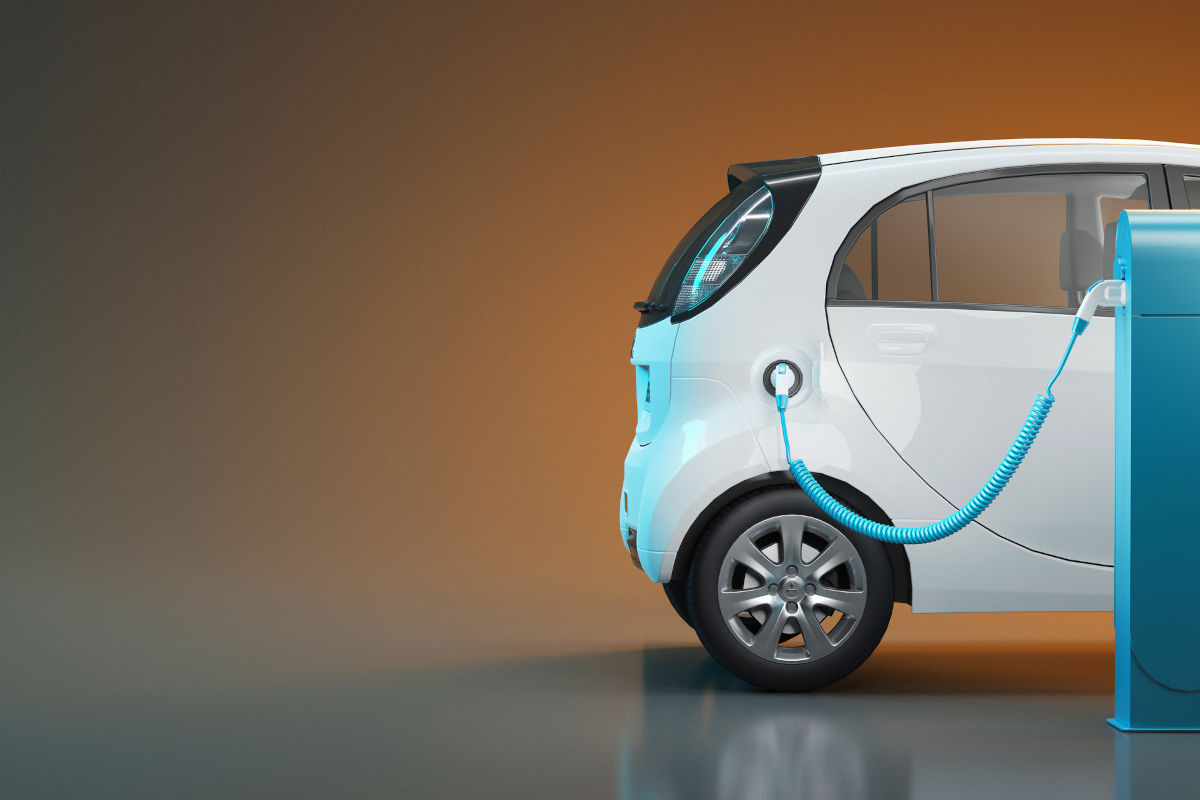European plan is seen in China as a “protectionist act” by the EU.
EU Commission President Ursula von der Leyen announced on Wednesday an EU anti-subsidy investigation into electric vehicles from China. With the investigation, the confederation wants to act against unfair trade practices and examine whether punitive tariffs for China are justified. According to von der Leyen, the reason for this measure is the flooding of world markets with cheaper Chinese e-cars.
Criticism and Rejection From China
Meanwhile, China also spoke out and sharply criticized the planned probe. As reported by news portal Reuters, among others, the Chinese Ministry of Commerce warned in a statement the day after the announcement of negative effects on economic and trade relations between the EU and the People’s Republic and spoke of a “protectionist act”. This would seriously disrupt the automotive industry and supply chain, it added. The Ministry of Commerce accused the European Union of only wanting to protect its industry with the measure in the name of “fair competition.”
Other institutions also spoke out. The Chinese Chamber of Commerce to the EU (CCCEU), for example, expressed “concern” in a statement released Wednesday and openly opposed the EU’s planned anti-subsidy investigation. The CCCEU called on the European Union to look objectively at Chinese e-car development and not resort to unilateral trade instruments to block Chinese electric cars in the EU and thus raise their costs, it added. According to the state-affiliated newspaper China Daily, voices were also raised that spoke of “China bashing” and questioned the overall situation of the EU presented positively by von der Leyen.
Possible Consequences for China and the EU
The U.S. news portal United Press International (UPI) speaks of trade restrictions such as tariffs, quotas, import restrictions, or currency controls that could be imposed on China as a result of the EU anti-subsidy investigations. As a backlash, there would be an increased risk of further economic reprisals by the People’s Republic, UPI said. As recently as August, the country introduced export restrictions on key raw materials gallium and germanium (we reported).
Despite the current tense situation between China and the EU, von der Leyen reiterated in her speech Wednesday that the EU will continue to focus on de-risking rather than de-coupling and wants to remain in dialogue with the People’s Republic.
Photo: iStock/AlessandroPhoto


